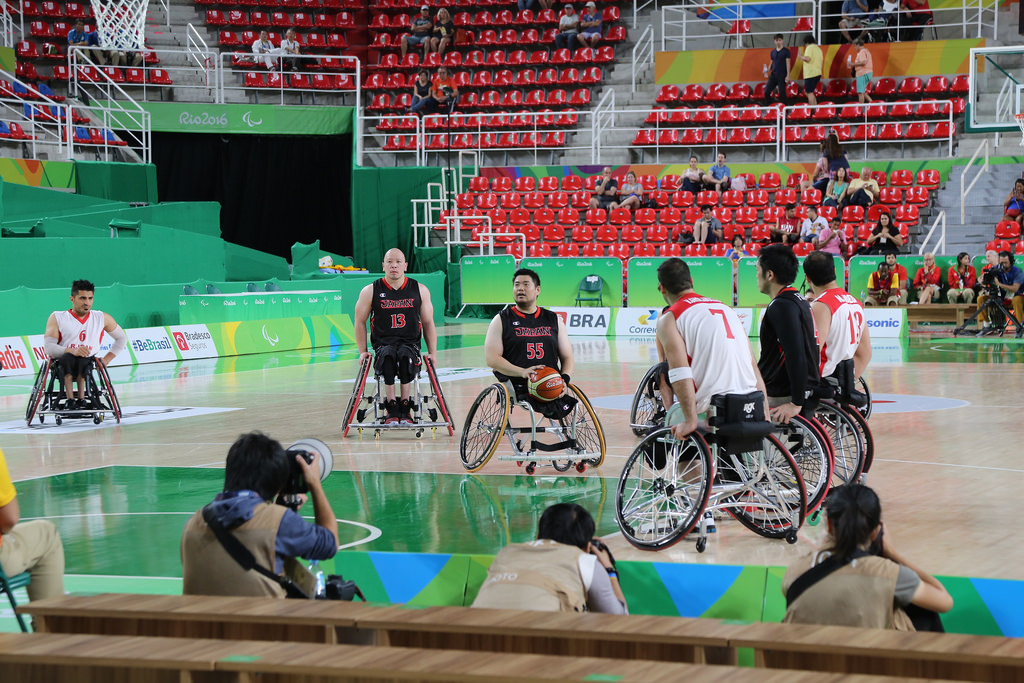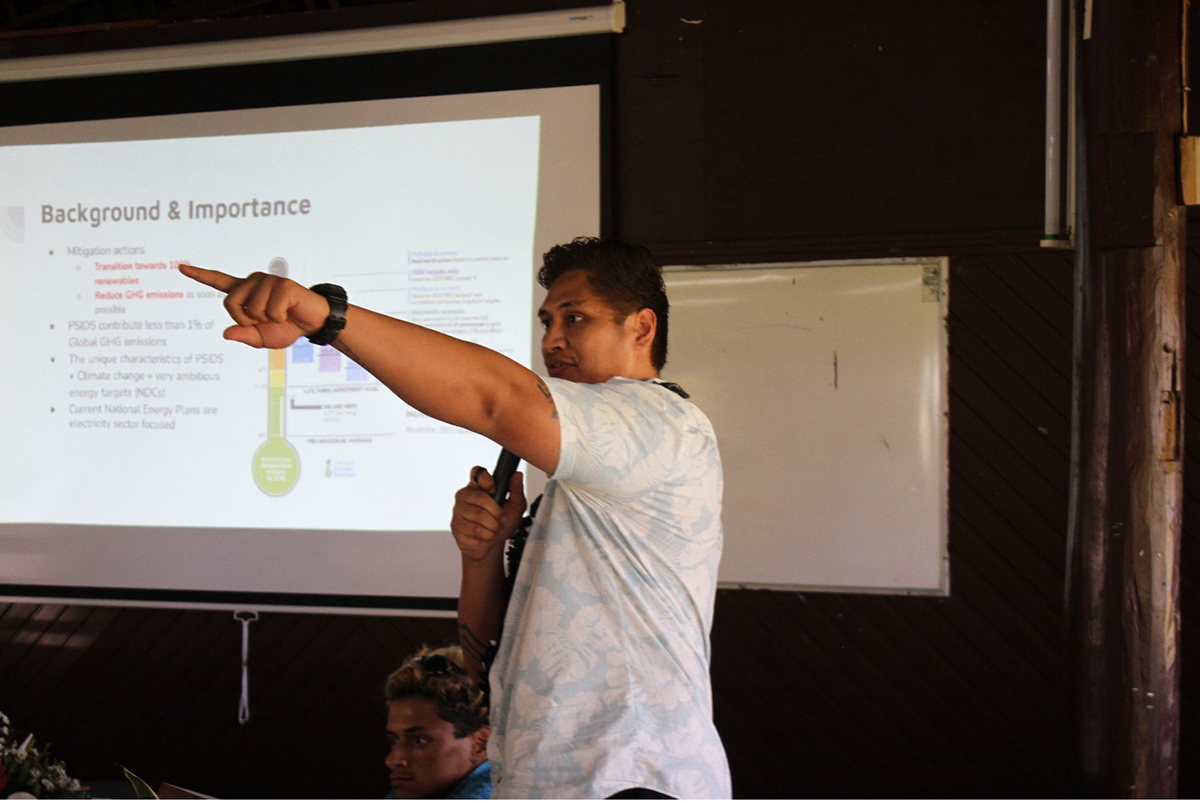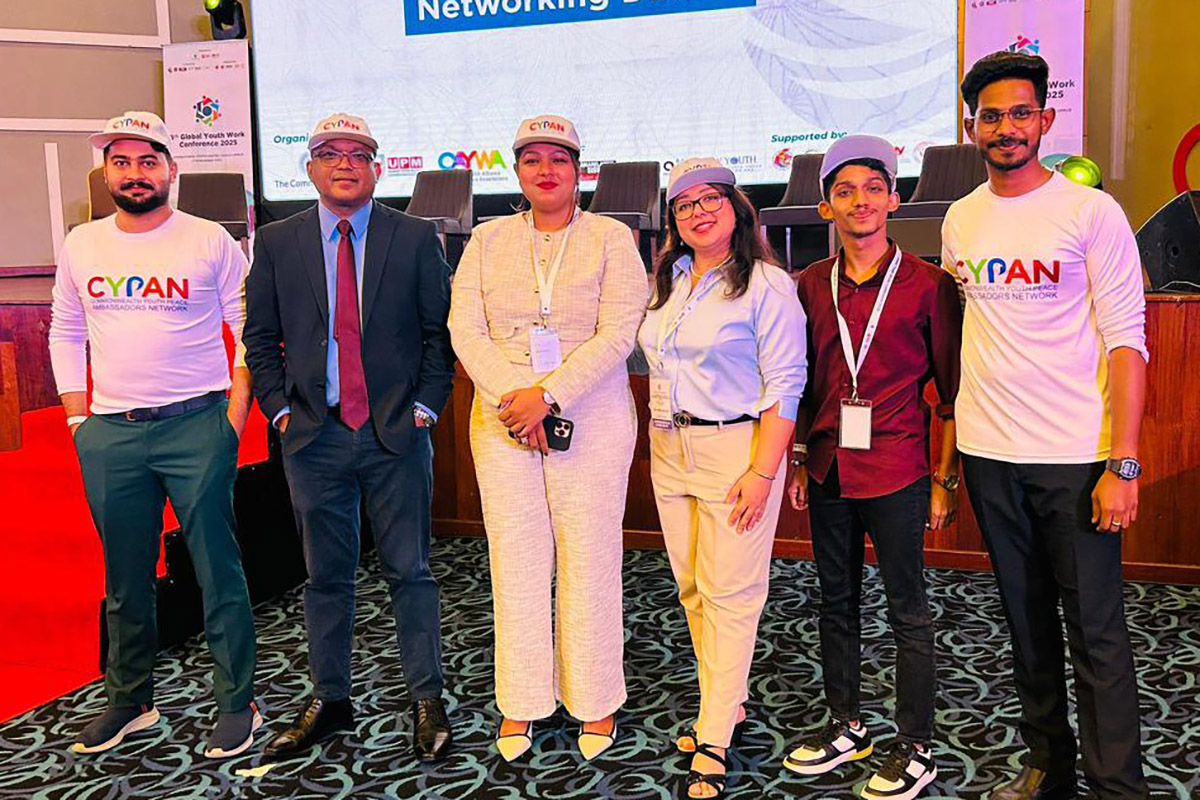“Media coverage should not be the challenge”
October 13 The Rio 2016 Olympic and Paralympic games gave international attention to athletes, but Ashley Tan Yu Yi, 16, a Correspondent from Singapore, argues that unevenly split media attention means one group of athletes did not get the recognition they deserve.
The Rio 2016 Olympic and Paralympic games gave international attention to athletes, but Ashley Tan Yu Yi, 16, a Correspondent from Singapore, argues that unevenly split media attention means one group of athletes did not get the recognition they deserve.
In the month of September, I noticed a significant difference in regard to how my Facebook page looked compared to the previous month.
In August, almost every post that I scrolled through pertained to the 2016 Rio Olympic Games – the iconic race of Joseph Schooling clinching Singapore’s first ever Olympic gold medal, news of Michael Phelps bagging his fifth gold medal at the games, Simone Biles’ stunning floor routines etcetera. However, in September my news feed appeared to return to its normal state, with only an occasional video or two posted on some of my country’s paralympians’ wins.
Needless to say, it was toned down by more than a notch. The hype surrounding the Olympics simply was not replicated in the Paralympics.
With the conclusion of the Paralympic Games, several media platforms have been shedding light on the lack of coverage of the events for viewers around the world. Perhaps this issue would not have been so widely discussed if it weren’t for the timing of the games – the very fact that the Paralympic Games were held immediately after the Olympic Games only served to amplify the stark contrast of media coverage between the two sports events.
It is extremely upsetting, and perhaps even disconcerting, that there is such a disparity between the focus placed on the Paralympics and on the Olympics. Granted, the sheer tenacity of all the athletes, regardless of their physical abilities, is something that deserves a prodigious amount of commendation and respect on its own merit. However, why is it the case that the Paralympians are not given the same opportunities to be exposed by the media compared to the Olympians? Why is it that the Taiwanese were unable to watch power lifter Lin Tzu-hui’s most glorious athletic moments on cable TV, or via Chunghwa Telecom’s multimedia-on-demand (MOD) system? Why is it that our social media pages weren’t inundated with videos on the Paralympics, a distinct variance from the extensive news-reporting that infiltrated our news feeds during the Olympics?
Granted, there have been efforts made to increase coverage of the Paralympics. For instance, Japan was one of the countries around the world which had its public broadcaster NHK telecast the Paralympic Games live. Additionally, the International Paralympic Committee (IPC) announced that the Sochi 2014 and Rio 2016 Paralympic Games would receive an unprecedented 116 combined hours of coverage in the United States (IPC, 2016).
However, The Conversation also reported that the coverage of the Paralympics amounted to less than ten per cent of the volume of coverage for the Olympics, despite the fact that the Olympic games were spread over more days than the Paralympics. In Germany, it was reported that the coverage of the Paralympics was roughly half that of the Olympics. The media company Mic posted a video on YouTube and cited more statistics to further prove this point. In 2012, NBC in the US dedicated only 5.5 hours to screening the Paralympics, but made an improvement this year by allocating 66 hours of footage. But when contrasted with the Olympics, which received 6,755 hours of airtime, this “improvement” is truly rather farcical.
Numbers and comparisons like these reveal the disproportion of media coverage for the two series of games, which is an issue that deserves more attention and needs to be seriously investigated. https://www.youtube.com/watch?v=d1J7D_vTC68
Some may claim that the reason for such disparities stems from the idea that TV networks do not wish to broadcast Paralympics programmes, as they receive few viewers. However, it is perhaps because of this lack of Paralympic coverage by all forms of media outlets that the problem even exists in the first place. If we truly wish to reach a greater audience to gather their interest in and awareness of the Paralympics, then all the more the media should strive towards publicising the events instead of scaling them back. After all, no audience can be reached if no content is generated and uploaded in the first place.
Athletes train tirelessly to prepare for the Paralympics. The least we can do is to provide them with a platform to showcase all of their hard work that culminates in the competition. It is profoundly unacceptable that their efforts have not been fully represented on a scale that they deserve. So, it is imperative that the media, which plays a leading role in the promulgation of news around the world, takes a step back to review the content that it airs and publishes. Only then can our society advance towards an egalitarian and inclusive one for all.
Reach me on Twitter @sparklypinksnow
References
Paralympics vs Olympics coverage: uneven at best. http://theconversation.com/paralympics-vs-olympics-coverage-uneven-at-best-9429. Retrieved 19 September 2016.
PARALYMPICS: Rio medal successes not broadcast. http://www.taipeitimes.com/News/taiwan/archives/2016/09/20/2003655506. Retrieved 20 September 2016.
NBC TV deal monumental for Paralympic Movement – Tatyana McFadden, Alana Nichols, Angela Ruggiero. https://www.paralympic.org/video/nbc-tv-deal-monumental-paralympic-movement-tatyana-mcfadden-alana-nichols-angela-ruggiero. Retrieved 20 September.
Photo credit: Kentaro IEMOTO@Tokyo Japan vs Iran via photopin (license)
…………………………………………………………………………………………………
About me: A teenager who holds a penchant for cute fluffy unicorns and everything pink, I am a loquacious girl who relishes the power of knowledge. I pride myself on being an epicurean, doing my best to devour every morsel of news possible, ranging from feminist issues to socio-political affairs.
One day, I hope to dominate in a tiara and fairy princess dress to help make the world a better place. Because who ever forbade warriors from dressing in style, too?
…………………………………………………………………………………………………
Opinions expressed in this article are those of the author and do not necessarily represent the views of the Commonwealth Youth Programme. Articles are published in a spirit of dialogue, respect and understanding. If you disagree, why not submit a response?
To learn more about becoming a Commonwealth Correspondent please visit: http://www.yourcommonwealth.org/submit-articles/
…………………………………………………………………………………………………




